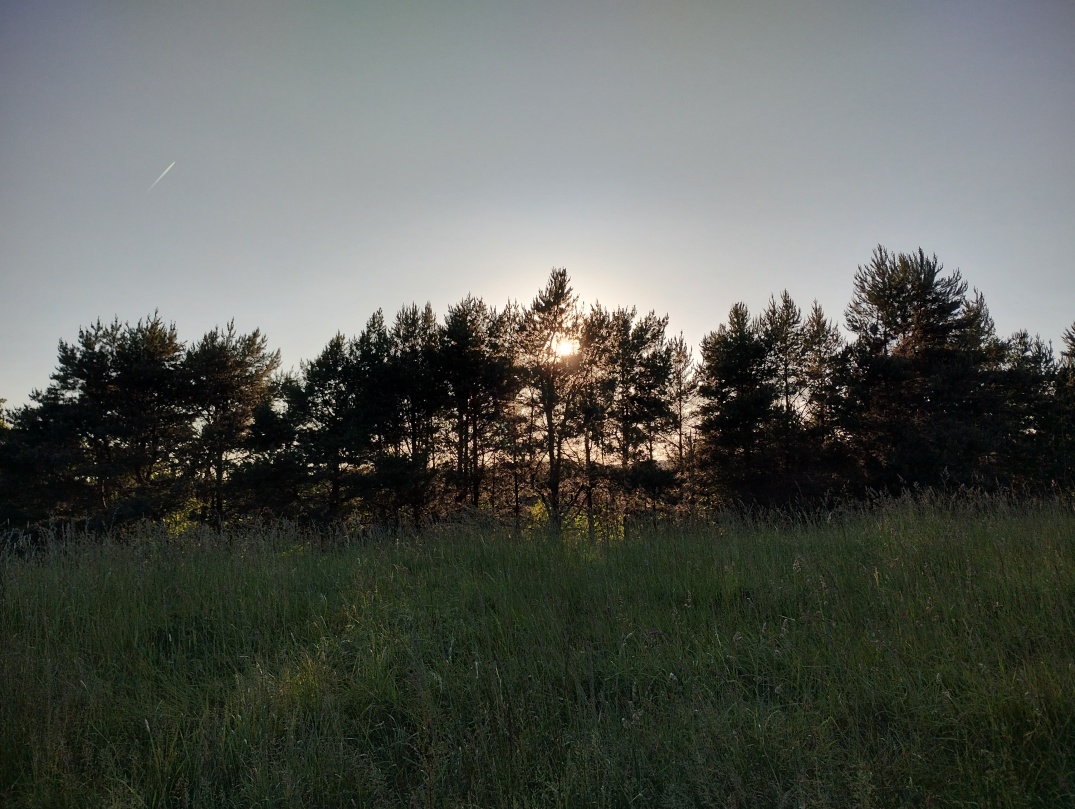Aileen stands in the upstairs bedroom of the holiday home, sensing subtle traces of him: a faint sharp aroma of old spice, a musky hint of pipe tobacco. Dazzled by the surprise of another day’s sunshine, she peers down at the historical tableau: kids jumping from the high stone harbour walls, catapulting magically through space.
She reaches into the musty wardrobe for a pinstriped dress belted at the waist, pats her close coiled curls and applies the peachy orange lipstick. Strapped into beige high heeled sandals, she navigates the cobbles, steps lightly and confidently down the hill, greeting familiar faces with a casual nod.
If he were here today, she thinks, we would walk together, mad dogs in the noonday sun marvelling in unison at the fantastic summer that reminds us of 1976. In her solo state, this unexpected burst of blue brilliance only accentuates her sense of loss, twisted under the harsh glare.
Her foundation trickles down her right cheek, melting in the brightest sun of the day. She’s tempted to retreat into the cool cavern but doggedly continues her weekly constitutional, climbing the haphazard steps, breathlessly gulping at the still salt air.
Aileen rests for a moment at the top, scowls disapprovingly at the floating detritus, discarded takeaway boxes tangled in the early brambles. Her scowl falls into a small self-congratulatory smile as she admires the deceptively distant elegant grey contours of the holiday home, sandwiched proudly in the middle of the granite.
Huddled at one end of the splintered brown bench with the missing slat, a blonde woman sits clutching a small notebook.
“Sorry, should I move?” she asks, half grimacing, half smiling – Aileen can’t be sure.
“No, there’s more than enough room for the two of us,” Aileen drawls authoritatively.
The blonde woman scours her small trove of uncontroversial chit chat, talks about the weather for the tenth time that morning.
She’s called Alice and she lives in the village all year round, at the top of the hill.
Aileen half listens to Alice mulling over shards of a memory of him.
“Oh, just look at that time, I’m late for lunch!” Aileen exclaims, slicing into Alice’s monologue about autumn in the village.
Standing up dizzily, Aileen turns and notices it, larger, bolder, golder, recently screwed on: the second plaque, below her husband’s.
Aileen trembles, shocked and enraged at the blatant unbelievable audacity of this thing that’s appeared overnight.
She spits the words at Alice. “They can’t do this, not without my permission, this bench is ours, we paid 500 pounds to put the plaque there in his memory because he loved the village so much.
“I need to talk to someone about this, someone who knows I need an explanation.”
“So you own the bench, do you?” Alice mutters indignantly, resentful at being privy to such a morbidly intricate drama.
“Goodbye then, enjoy your day,” Aileen growls, slowly regaining her starchy composure.
Alice observes Aileen’s cautious descent back down the steps and over to the other side of the harbour, paralysed by an overpowering sense of gloom. She raises reluctantly from the bench, her daily dose of calm contaminated by the morbid nature of this revelation…
Aileen sits on a stool in her porch, unstraps her beige high heels, shuts her eyes and imbibes the familiar scent: dusty tomato plants mingled with the spicy cinnamon of her tiny purple orchids.
She can’t decide: will it be lunch first, then the stern phone call to the woman at the chapel, who knows everything, to get to the bottom of the troubling matter of the second plaque?
After a single glass of merlot, suffused with transient drowsy contentment, she wistfully recalls her husband’s easy-going good nature and lets it go, the matter of the second plaque. His words chime in her head, gently mocking.
“Well, what harm can it do, two plaques on the bench? I’m happy to be with the other fellow anyway.”
It’s the end of her solo summer sojourn in the holiday home, drifting through the huge rooms, relieved when the huge sun sinks leaving her shrouded in a comforting twilight blanket. She watches the evening news, tut-tutting at the relentless stupidity of it all, crochets for the grandchildren then slides gratefully under the lavender-scented sheets.
Alice seeks out a new bench for her morning calm the following day, on the other side of the harbour. It is slightly concealed by overhanging branches and next to an overflowing litter bin buzzing with flies. If she twists her head slightly to the right, she can see the golden yellow contours of her own home high up above the harbour. She reaches behind her, runs her hands along with the rough wood, relieved to find it unadorned, seized by an unexpected feeling of gratitude that time hasn’t outsmarted her yet.
Kate’s Whitehead’s short fiction often has a strong sense of place. She did gain a certificate in creative writing from Birkbeck but ultimately has gained more inspiration form reading widely and voraciously and listening to authors she admires talking about their approach to writing. Her writing has been published in online literary journals, fanzines and the print publications Confluence and Impspired.

















 Winner of the Trócaire/Poetry Ireland and Poems for Patience competitions, Maurice Devitt has been nominated for Pushcart, Forward and Best of the Net Prizes and been runner-up in the Cúirt New Writing Prize, Interpreter’s House Poetry Competition and the Cork Literary Review Manuscript Competition.
Winner of the Trócaire/Poetry Ireland and Poems for Patience competitions, Maurice Devitt has been nominated for Pushcart, Forward and Best of the Net Prizes and been runner-up in the Cúirt New Writing Prize, Interpreter’s House Poetry Competition and the Cork Literary Review Manuscript Competition.
 Elizabeth Gibson is a writer and performer based in Manchester, UK. She is also the Editor and Photographer for Foxglove Journal. Liz has won a Northern Writers’ Award and been shortlisted for the Poetry Business’ New Poets Prize, and her work has appeared Cake, Cardiff Review, The Compass, Confingo, Litro and Strix among other journals. Liz blogs at
Elizabeth Gibson is a writer and performer based in Manchester, UK. She is also the Editor and Photographer for Foxglove Journal. Liz has won a Northern Writers’ Award and been shortlisted for the Poetry Business’ New Poets Prize, and her work has appeared Cake, Cardiff Review, The Compass, Confingo, Litro and Strix among other journals. Liz blogs at 
 Pene Morley lives in the south of Germany with her husband, teenage son and two Labradors. She discovered very short stories on Twitter over a year ago and now tries daily to do one of the writing prompts. Since then she has also started writing flash fiction and is writing a novel which she hopes to have finished soon. You can follow her on Twitter
Pene Morley lives in the south of Germany with her husband, teenage son and two Labradors. She discovered very short stories on Twitter over a year ago and now tries daily to do one of the writing prompts. Since then she has also started writing flash fiction and is writing a novel which she hopes to have finished soon. You can follow her on Twitter 
 Anthony Watts has been writing ‘seriously’ for about 40 years. He has won 26 First Prizes in poetry competitions and was longlisted for the National Poetry Competition 2014. His poems have appeared in magazines and anthologies, including Poetry Salzburg Review, The Rialto and Riggwelter. His fifth collection, Stiles, is due to be published by Paekakariki Press. His home is in rural Somerset and his main interests are poetry, music, walking and binge thinking – activities which he finds can be happily combined.
Anthony Watts has been writing ‘seriously’ for about 40 years. He has won 26 First Prizes in poetry competitions and was longlisted for the National Poetry Competition 2014. His poems have appeared in magazines and anthologies, including Poetry Salzburg Review, The Rialto and Riggwelter. His fifth collection, Stiles, is due to be published by Paekakariki Press. His home is in rural Somerset and his main interests are poetry, music, walking and binge thinking – activities which he finds can be happily combined.
 Paul Waring is a retired clinical psychologist who once designed menswear and was a singer/songwriter in Liverpool bands. He is a 2018 Pushcart Prize nominee whose poems have been published in Foxglove Journal, Prole, Amaryllis, High Window, Atrium, Algebra of Owls, Clear Poetry, Ofi Press, Marble Poetry, The Lampeter Review and others. Find more at
Paul Waring is a retired clinical psychologist who once designed menswear and was a singer/songwriter in Liverpool bands. He is a 2018 Pushcart Prize nominee whose poems have been published in Foxglove Journal, Prole, Amaryllis, High Window, Atrium, Algebra of Owls, Clear Poetry, Ofi Press, Marble Poetry, The Lampeter Review and others. Find more at 
 Beth O’Brien is currently studying a degree in English Literature at the University of Birmingham. She loves reading, writing, food and seeing the world – when any of these overlap, she loves them even more!
Beth O’Brien is currently studying a degree in English Literature at the University of Birmingham. She loves reading, writing, food and seeing the world – when any of these overlap, she loves them even more!